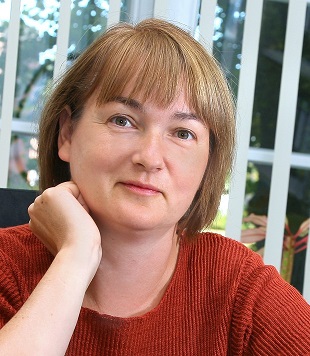Rostock Demographic Seminar Series
Access to Medically Assisted Reproduction (MAR) in Germany – A Matter of Social Justice?
Heike Trappe
Online Presentation, April 12, 2022
As part of the Rostock Demographic Seminar Series, Heike Trappe from the University of Rostock gave a talk about access to medically assisted reproduction (MAR) in Germany.
Abstract
Based on aggregate data, I will contextualize recent developments regarding women’s age at first and at subsequent births, women’s and men’s age at medical help-seeking, and trends in the uptake of assisted reproduction. Then, I will provide some background on the regulation of MAR in Germany in terms of guidelines, legislation, and insurance coverage. It turns out that compared to other European countries, access to MAR in Germany is rather restrictive. In contrast to other countries, surprisingly little is known about its actual utilization and its social selectivity, primarily due to a lack of appropriate data. Drawing on 11 waves of the German Family Panel (pairfam), I will present joint work which studies the relevance of individual- and couple-level factors underlying the use of MAR. Our findings indicate that social selectivity in the uptake of MAR is based on economic resources and on the importance of marriage as the cultural ideal for a ‘normal family’. I discuss our results in light of the principle of reproductive justice and I conclude my talk by pointing out some ideas for future research.
About the Speaker

© Heike Trappe
Heike Trappe is since 2007 Professor of Sociology and Family Demography, University of Rostock, Germany. Before coming to Rostock Professor Trappe was Senior Research Associate at the Max Planck Institute (MPI) for Human Development, Center for Sociology and the Study of the Life Course, in Berlin, Germany, and Fellow at the Radcliffe Institute for Advanced Study at Harvard University. Prior stations of Professor Trappe’s professional life involved a post-doctoral fellowship at the Carolina Population Center at the University of North Carolina at Chapel Hill. Her current research interests and teaching involve studies in gender stratification, family, sociology of the life course, and assisted reproductive technologies.